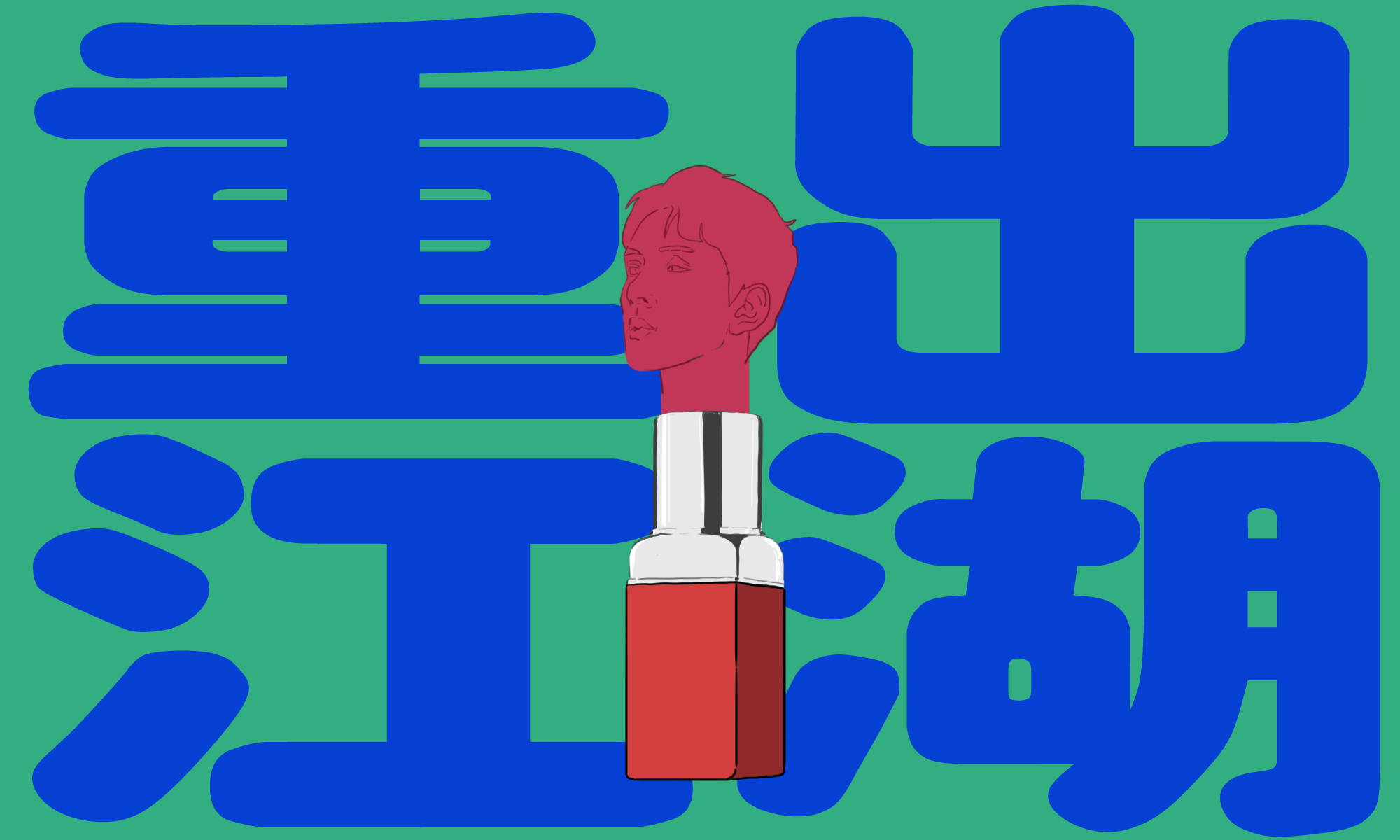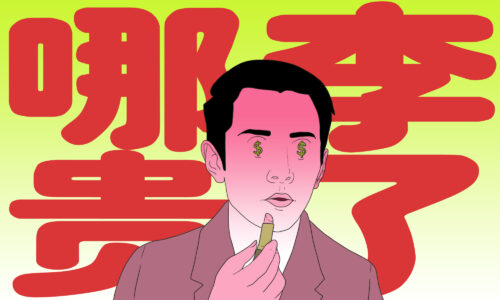‘Making a comeback’ — Phrase of the Week
The return of a popular livestreamer was greeted with an expression that evokes the romance of Chinese literary bandits.

Our phrase of the week is: Making a comeback (重出江湖 chóngchū jiānghú).
Context
China’s top livestream sales influencer, Austin Li (李佳琦 Lǐ Jiāqí), reappeared last week in an unannounced return to online ecommerce platforms.
Known as the “Lipstick King” (口红一哥 kǒu hóng yī gē), Li has not been seen online since June 3, when his regular broadcast was abruptly cut off. Although he blamed technical issues, many social media users speculated that the stream was cut by regulators after he was presented on-screen with a dessert shaped like a tank — which some saw as a visual reference to the Tiananmen Square massacre on June 4, 1989.
Li’s return during the two-hour show wasn’t advertised, but as soon as he appeared on-screen, word quickly spread online: By 9 p.m., when he handed the show over to his co-host, he had clocked up more than 60 million views and an estimated $18 million in sales.
The mysterious circumstances surrounding the “Lipstick King” have occurred at a time when big changes have hit the booming livestream ecommerce industry in China over the last three months. New regulations from Beijing have banned 31 “misbehaviors” that require livestreamers to “uphold correct political values and social values,” as a tide of new celebrities like Dǒng Yǔhuī 董宇辉, a former English tutor at New Oriental, have risen from humble classrooms to online superstardom. Some humans have even been replaced with well-behaved holograms or virtual livestreamers in a bid to avoid stepping over any of Beijing’s red lines.
But the impressive sales figures still show that Austin Li remains true to another one of his titles: the “undisputed king of livestream” (直播一哥 zhí bō yī gē).
Consumers have missed Li and his ability to find them good deals, and brands have missed his selling power, as one media outlet notes:
Li Jiaqi has reappeared. Does this mean that their lovesickness for him has finally been cured?
如今,李佳琦重出江湖,是不是意味着品牌们的大主播“相思病”也快痊愈了?
Rújīn, Lǐ Jiāqí chóngchū jiānghú, shìbúshì yìwèizhe pǐnpáimen de dà zhǔbō “xiāngsī bìng” yě kuài quányù le?
Translation
The word reappeared directly translates as “come out of” (重出 chóngchū) and “rivers and lakes” (江湖 jiānghú).
It can also be translated as “reemerge,” “back on the streets,” or “make a comeback.”
“Rivers and lakes” has many meanings in Chinese, and most are not related to water.
Its earliest appearances are believed to be in the works of Zhuāngzǐ 庄子, an influential Chinese philosopher who lived around the 4th century B.C., in which he uses “rivers and lakes” to mean “society,” or another way to say “all under heaven” (天下 tiān xià).
By the time of the Eastern Jin dynasty (A.D. 317–420), the phrase came to mean “on the fringes of or outside society,” and was used by Táo Yuānmíng 陶渊明, a Chinese poet and politician.
Millennia later, the 20th-century novelist Lǎo Shě 老舍 described the criminal underworld as the 江湖 jiānghú.
Nowadays, the phrase can still mean any one of these things, and more, depending on the context. But in modern Chinese, it’s also taken on another meaning best translated as “the business world.”
For Austin Li, his return to the rivers and lakes means he’s “back in business.” For now, at least.






